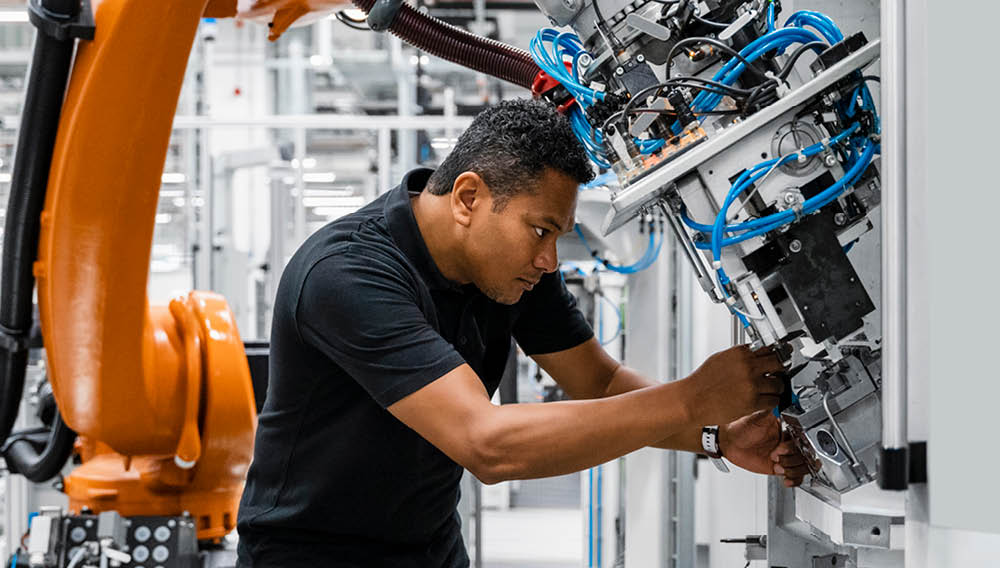Rise by Six: Your Daily Dose of Inspiration
Explore insights and stories that elevate your day.
When Robots Take Over: Your New Best Friends or Just Metal Menaces?
Discover if robots will be your new pals or a threat. Dive into the future of automation and find out what it means for you!
The Evolution of Robots: From Tools to Companions
The journey of robots has been remarkable, transforming from mere tools designed for specific tasks to intelligent systems that assist and interact with humans in various settings. In the early days, robots were primarily used in industrial applications, performing repetitive tasks on assembly lines. However, as technology advanced, these machines became more sophisticated, integrating artificial intelligence (AI) and machine learning. Today’s robots not only execute tasks but also learn from their environments, making them adaptable and versatile. They have moved beyond the factory floor and are now utilized in healthcare, agriculture, and even domestic settings, showcasing a significant shift in their roles.
As we continue to innovate, robots are evolving into true companions. This evolution is best exemplified by the rise of social robots designed to interact with people on a personal level. These robots are equipped with advanced communication skills and emotional intelligence, allowing them to engage in meaningful interactions. Whether it’s assisting the elderly with daily tasks or providing companionship to those in need, these robots are redefining the concept of partnership. As we embrace this new age of robotics, we are not merely using machines; we are forming connections, ultimately altering the way we perceive and coexist with technology.

Are Robots a Threat to Our Future? An In-Depth Analysis
The rise of automation and artificial intelligence has sparked a heated debate over whether robots pose a real threat to our future. As technology advances, many fear that robots will replace human jobs, leading to widespread unemployment and economic instability. A report from the World Economic Forum predicts that by 2025, machines may displace up to 85 million jobs globally. However, this projection is not entirely bleak; it also suggests that the same technologies could create 97 million new roles, emphasizing the need for adaptation and reskilling in the workforce.
In addition to job displacement, there are concerns about the ethical implications of robot decision-making, particularly in sectors like healthcare and law enforcement. As machines become more autonomous, the question arises: who is responsible when a robot makes a mistake? Ensuring that AI systems are designed with safety and ethical considerations is crucial as we navigate this new frontier. Ultimately, whether robots are a threat or an opportunity hinges on our ability to manage and integrate these technologies into our lives responsibly.
How Robots Are Transforming Everyday Life: Benefits and Challenges
How robots are transforming everyday life is a topic of significant interest as technologies continue to evolve. From enhancing manufacturing processes to making daily tasks easier, robots are becoming integral to our lives. Some of the key benefits include improved efficiency in various sectors, particularly in home automation, healthcare, and logistics. For instance, household robots can assist with cleaning and maintenance, providing people with more free time. In healthcare, robotic surgery systems enhance precision and reduce recovery times for patients, demonstrating the profound impact of robotics on both personal and professional fronts.
However, along with the advantages come certain challenges that need addressing. The increasing reliance on robots can lead to concerns regarding job displacement, as tasks traditionally performed by humans are being automated. Furthermore, ethical considerations surrounding robotics, such as accountability in decision-making and privacy issues, have emerged. As we embrace the benefits of robotic technologies, it is crucial to navigate these challenges responsibly, ensuring that innovations contribute to a better quality of life while also safeguarding human employment and ethical standards.